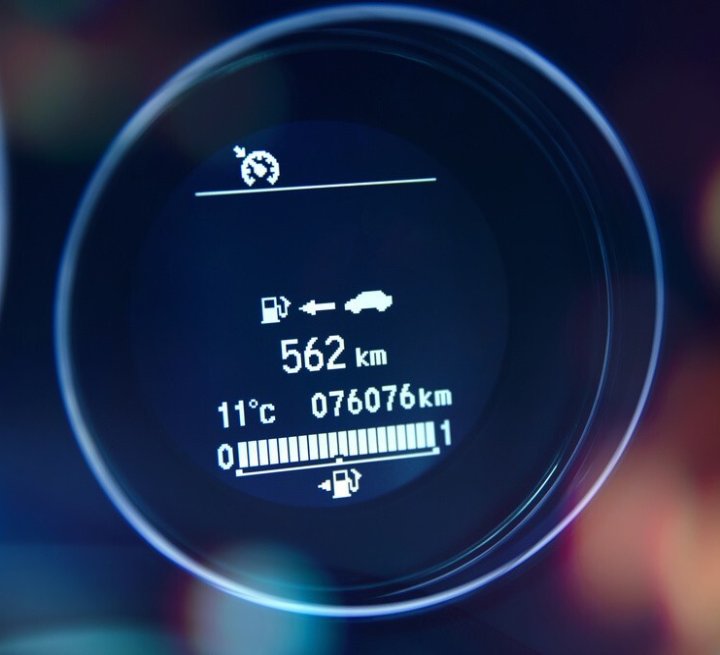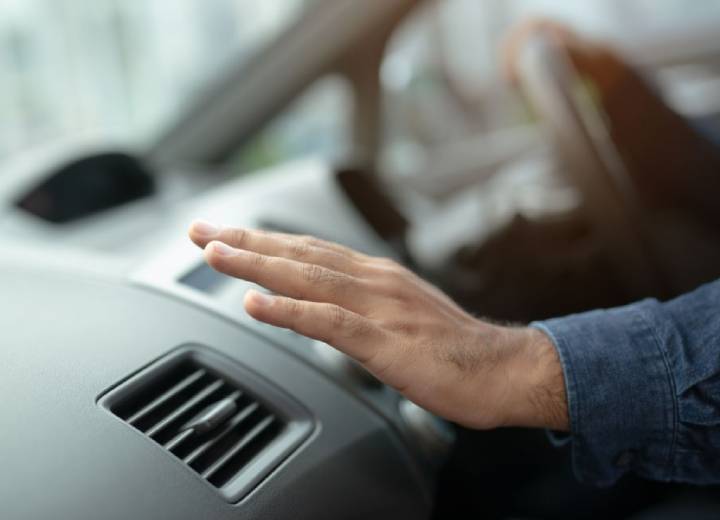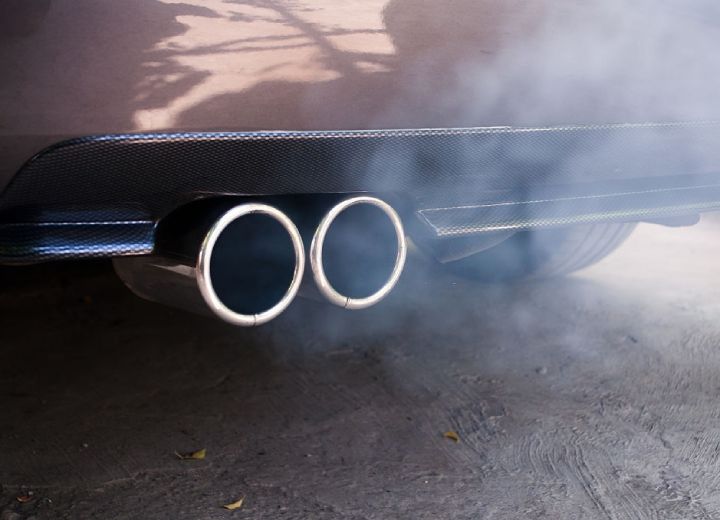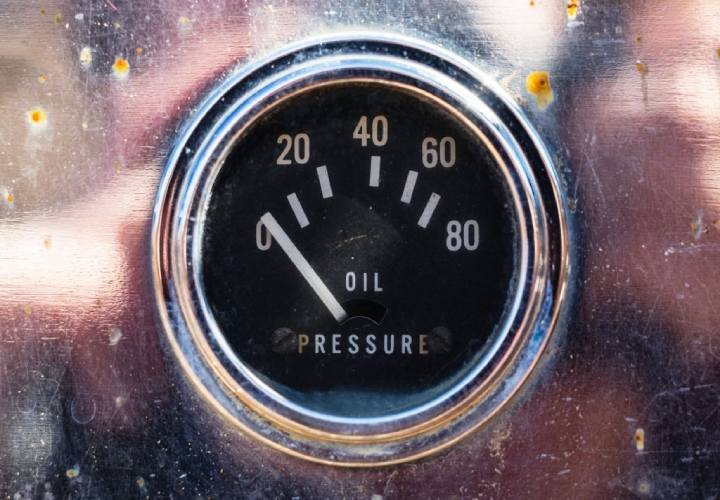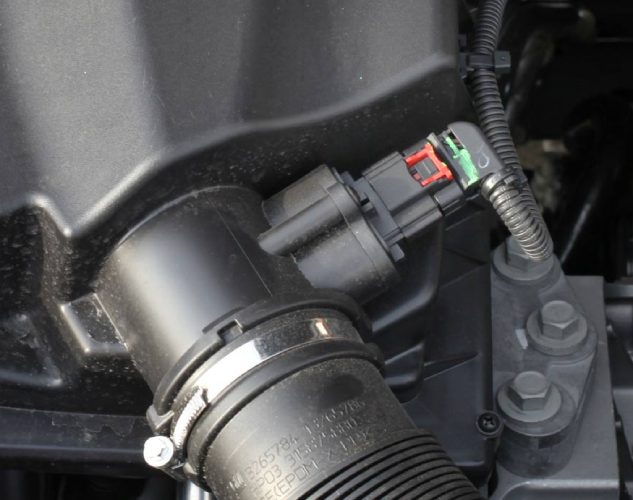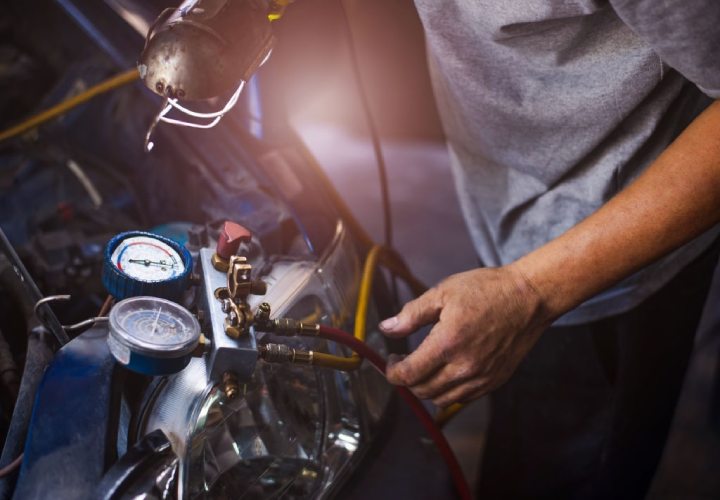As your vehicle gets older over time, the probability of worn-out engine seals, loose bolts, and oil leaks becomes higher.
Here is why you could smell burning oil through the car vents
Leaking oil in the engine bay, if it drips onto hot components such as the vehicle’s exhaust manifold or pipe, evaporates, leaving a burning oil smell in the engine bay. This can cause the smell of burning oil to be easily passed to the cabin through the vehicle’s HVAC intake at the windshield base.
Vaporized engine oil hardly leaves any mark, so it can get harder to track any leaks down.
- Here is why you could smell burning oil through the car vents
- Probable Causes of Burning Oil Smell Through AC Vents
- Can too much engine oil cause a burning smell?
- Is it normal to smell oil after an oil change?
- Does spilled motor oil evaporate?
- Can spilled oil damage the engine?
- How can you check for leaks?
- How long does it take for spilled oil to burn off engine?
- What does an oil leak smell like?
- Final thoughts
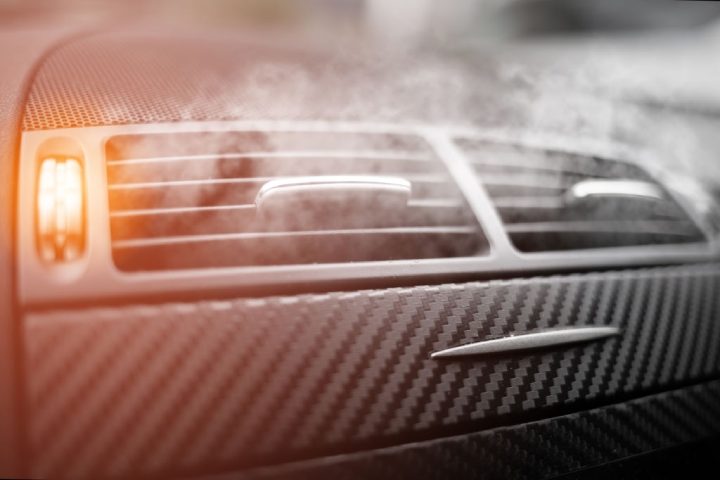
Probable Causes of Burning Oil Smell Through AC Vents
We have listed down the list of probable causes that can cause a burning oil smell in your cabin through the vehicle’s HVAC vents.
Oil Leak through Valve Cover
Oil leaks through the valve cover are the most frequent and probable cause behind such a symptom. Typically leaks on the rear end of the valve cover can result in oil dripping onto the exhaust system leaving, a burnt engine oil smell behind in the engine bay.
These leaks are pretty hard to find as the dripped oil evaporates and leaves no signs of oil behind. Oil leaks on the valve cover are more likely to settle on the side where the engine is tilted by default.
The oil is expected to seep more on the rear end of most vehicles where the engine is longitudinally mounted due to the tilt. The rear end of the valve cover can be a bit hard to get access to diagnose.
It is mainly caused by a failing or loose valve cover bolt due to the age of the vehicle. A faded or worn-out valve cover gasket can also allow oil to leak out over time.
Suppose the leaks in the valve cover area are detected and one or more valve cover bolts have sheared or failed. In that case, it is advisable to replace all the valve cover bolts along with the valve cover gasket to make the system leak-free for the future.
Exhaust Leaks
Exhaust leaks inside the engine bay can pass a burning smell through the AC vents, which most drivers can judge as a burning oil smell. Any crack near the engine manifold, exhaust pipes, the catalytic converter can cause the exhaust gases to leak and result in a bad burning smell in the cabin.
However, exhaust leaks are not difficult to locate. Just like diagnosing a puncture in a tire/tube, you can spray soapy water near the exhaust manifold and the pipes when the engine is cold and then run it for a couple of minutes.
Look for any bubbles forming in the sprayed areas to spot the leaks. Exhaust leaks can also be diagnosed, as they change the engine sound if the crack or hole is of a larger magnitude. It can result in a whistling or whooshing from the engine as the exhaust gases find another way out without going through the muffler.
Exhaust leaks can be fixed by replacing or welding the crack in the exhaust manifold or pipe.
PCV valve leak
PCV valves are installed on the valve covers, which control the positive crankcase ventilation of the engine. A PCV valve that is not working properly can cause excessive pressure to build up inside the valve cover, loosen the valve cover bolts, and damage the valve cover gasket.
This can result in oil leaking inside the engine bay, which, when dripping on a hot surface, can cause a burning smell. If a failed PCV valve is diagnosed on your vehicle, you should check the condition of your seal around the valve cover gasket as a bad PCV valve can easily damage the gasket and loosen the bolts.
Leaks or cracks in the vacuum hose connecting the PCV valve can cause it not to function as intended. PCV valves can easily be tested by taking them out from the valve cover. You should feel strong suction on the valve when you put your finger on the PCV valve with the engine running if the PCV valve is working correctly.
Oil leaking into exhaust system
Oil leaking from any part of your engine due to a crack or lose component can cause oil to drip onto hot components inside the engine bay. It can also cause a burning oil smell inside the cabin. Symptoms of oil leaks in your engine bay include oil dripping on your garage floor, the lower part of your engine bay covered in oil and dust.
Oil Spilled while performing an oil change
Lastly, a burning oil smell shortly after an oil change can also be caused due to spilled oil in the engine bay. It is mostly nothing to be worried about, and the smell should go away after a couple of drives.
Another thing to keep in mind is to check that you have replaced the oil cap after topping up the oil.
Can too much engine oil cause a burning smell?
Yes, pouring too much oil into your engine can cause the oil pressure levels to rise beyond what the gaskets are designed to handle. This can result in oil leaking around your engine, which will result in a burning smell when dripping on a hot component like the exhaust manifold.
The high oil pressure will also cause the oil light to come on.
Is it normal to smell oil after an oil change?
No, it is not normal to smell oil after an oil change that is done correctly if the vehicle does not have any oil leaks already. Burning oil smell shortly after an oil change can typically be due to spilled oil in the engine bay, which is vaporizing as the components in the engine bay are getting hot.
Does spilled motor oil evaporate?
Yes, if motor oil is spilled on a hot surface can vaporize almost instantly, resulting in a burning oil smell.
Can spilled oil damage the engine?
No, spilled oil on the engine can hardly cause any damage to the engine, assuming the spill is caused by an external factor. If the oil spill is due to any leaks in the engine itself, you should get your issue diagnosed and fixed ASAP.
How can you check for leaks?
I will share an easy method to check for leaks, where all you need is a spray bottle and some dish soap. You will need to spray some solution on the exhaust manifold and any pipes you want to check while the engine is off.
Start the engine and look for any bubbles. This will help you locate any leak in a few minutes and with no special tools!
How long does it take for spilled oil to burn off engine?
The time it takes for spilled oil to burn off the engine will depend on the amount of oil spilled. If there is a small amount of oil, it will burn off after driving the car for 30-60 minutes.
However, if there is a large amount of oil spilled all over the engine bay, it is necessary to have your engine bay cleaned by a professional. After the engine has been cleaned, it can take multiple drives to burn off the spilled oil completely.
What does an oil leak smell like?
An oil leak will have a strong gas smell coming through the air vents when driving the car. The smell can be more pungent or less noticeable, depending on how big the leak is. However, as soon as you notice a burning oil smell, it is recommended to have the car checked.
Final thoughts
A thick burning oil smell coming through the car vents indicates an oil or exhaust leak. You should stop the car and look under the hood for any signs of oil leaks. Alternatively, you can drive the vehicle to a mechanic and have it inspected by a professional.
My name is Jeffrey Williams and I have been a car mechanic for over 35 years. I am currently working NYC Auto Repair Shop, in New York City and recently developed a strong passion about blogging. I decided to put together this blog where I will try and answer the most commonly asked questions I get on a daily basis from my customers.

